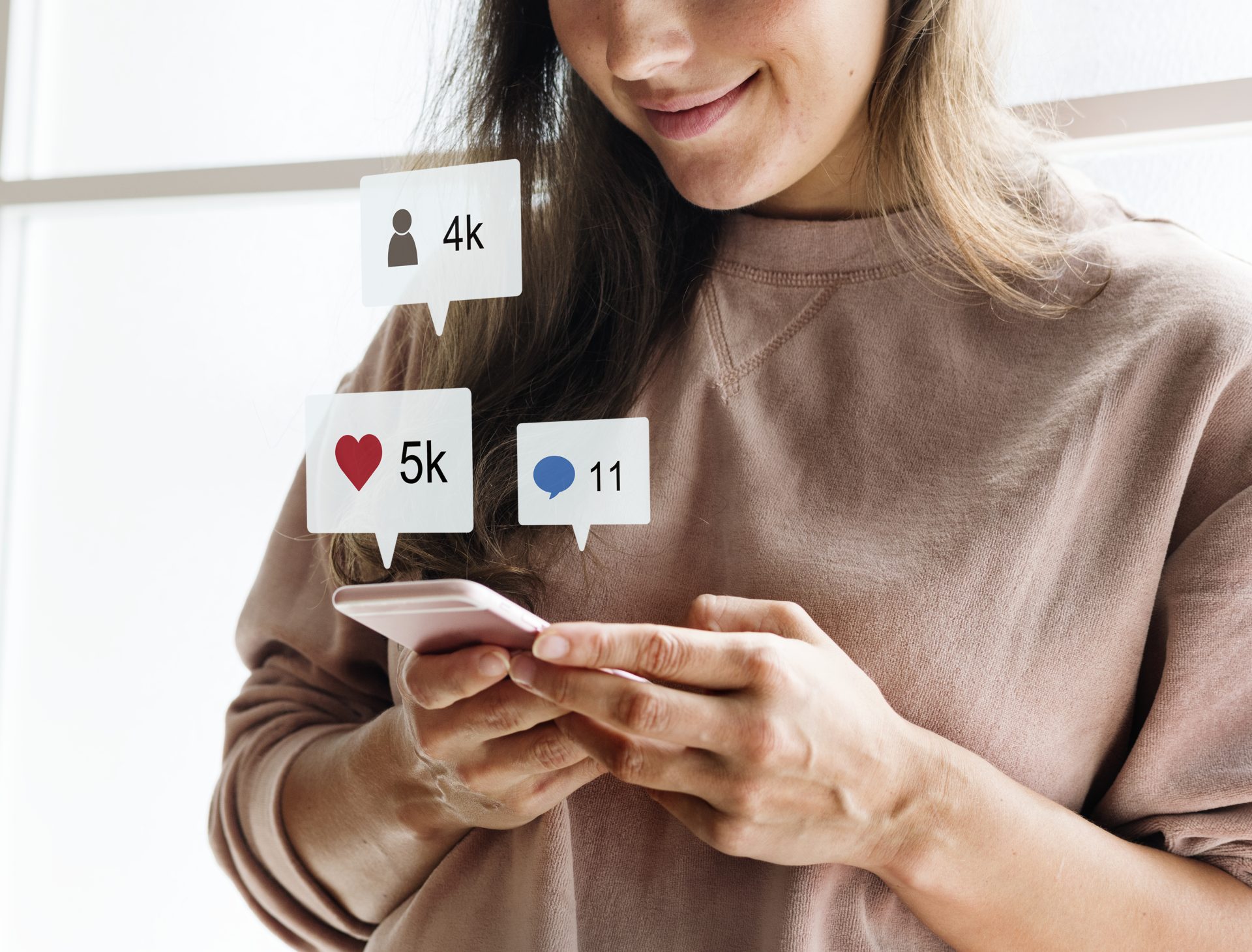PR Tips for Amazon Alexa, If She Is Listening
Amazon Echo users and critics have been suspicious about Amazon Echo’s Alexa ever since it was first introduced to us in 2015. Many believed the not only was the device listening to them but Amazon employees as well. Alexa, according to Webopedia, is a virtual digital assistant developed by Amazon for its Amazon Echo and Echo Dot line of computing devices. Alexa responds to voice control by returning information on products (on Amazon of course), music, news, weather, sports and more.
Users and critics suspicions became reality recently when Amazon admitted that its employees listen to customers voice recordings from Alexa products to improve its speech recognition. Amazon has an army of thousands of employees listening to tapes of what Alexa hears inside offices, homes, anywhere Alexa may be.
Amazon states that they have a zero-tolerance policy prohibiting their employees from misusing the audio clips. Amazon also states that employees do not have direct access to information that can identify the person they hear.
Listen up Amazon Alexa
I have a couple tips for Amazon Alexa and how they can rebuild the trust in their customers. While I am happy to hear that Amazon has implemented a zero-tolerance policy and protects my identity, I find it troubling the lack of transparency this organization portrays to the public.
According to Bloomberg, Amazon fails to “explicitly say [in its marketing and privacy policy materials that] humans are listening to recordings of some conversations.” This is the problem for the public. This makes the public feel as though you are trying to sneak around and do things behind their back.
Lack of transparency and openness has now led to this blowback. Instead, Amazon could have led a marketing effort stating how Amazon Alexa, as well as some employees, are listening to you for educational purposes. Then layout their zero tolerance policy etc. This would portray the company as partners in technology, helping to advance your life, instead of sneaking around and recording you.
Moving Forward
We understand that Amazon cannot go back and remarket Alexa with the transparency we talked about above. But moving forward they can commit to being transparent and work to gain the trust of the consumer back. Consumers never wanted to own an Amazon Alexa, so that it can listen to them singing randomly throughout the day. Amazon should commit to only allowing human listeners to hear those moments after you address the device (often by saying, “Alexa”).
Amazon should invite the media into their organization and show us the behind the scenes on what exactly the human Alexa listeners are doing. Give us more of a understanding behind the process. Explain to the media steps you have taken to protect and ensure the trust of your consumers.
Little things like the above, will go along way for Amazon Alexa and ensuring the positive brand moving forward.
Consumers
The information about Amazon Alexa and Amazon listening to you is troubling. However, users do have the option to prevent their recordings from being shared with Amazon employees in Alexa’s privacy settings, but they cannot currently opt out of voice recording. Some other measures you can take to improve their privacy on the Amazon Alexa:
Mute the device: this is perhaps the easiest way to ensure that no one is listening to your conversations at home. The Echo has a mute button near the top of the device.
Delete conversation history: you can review your activity and delete recordings in your Alexa app activity settings.
Audible alerts: by setting up audio alerts, you can be sure of knowing when your device is recording a conversation as you will hear a sound every time it starts. If you don’t use audible alarms, your only hope of knowing is by seeing the indicator light flashing which can be easily missed.
Use a strong password: There could be other people listening to your conversations aside from Amazon employees, which is why it is essential to secure your device correctly. By choosing a unique, strong password and activating 2FA on your Amazon account, you make it harder for people to access your machine remotely.
Unplug the device: This is another option to consider, especially when you are having private conversations. You can unplug the device entirely during those conversations, which eliminates any possibility of your talks being recorded.
Use a VPN: Virtual Private Networks (VPNs) will encrypt your internet connection by tunneling your internet traffic through a remote server and back. This ensures that anyone spying on your internet activity can only see the VPN tunnel, but will not see the traffic moving through it. Here are the best VPN services in 2019.




